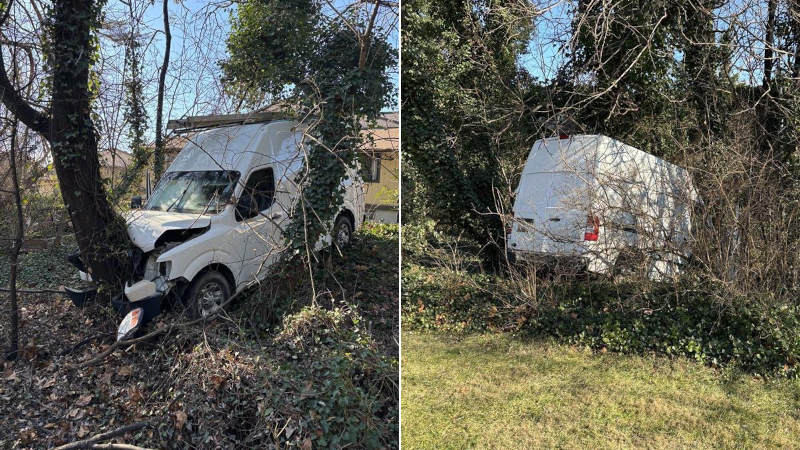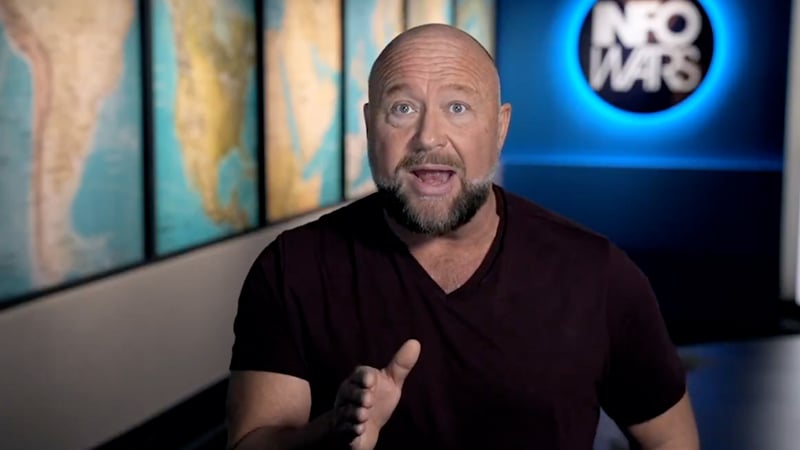
U.S. economy near the breaking point
The rising number of Americans whose checking accounts are running on fumes have a new, but less-than-ideal way of scraping up cash to make ends meet, as the IRS has issued rules to enable potentially penalty-free withdrawals from retirement accounts for flexibly-defined “emergencies.”
The new rules bring to life one of the provisions of the SECURE Act 2.0, a law passed at the end of 2022 that made many tweaks to retirement plans. With this one, retirement account owners can withdraw up to $1,000 for “emergencies,” and the IRS isn’t tightly defining that word.
Whether you’ve had a car wreck or simply went overboard ordering from GrubHub, the provision will let you take money out of your account without being subject to the typical 10% penalty for withdrawals before age 59 1/2. You’ll still owe ordinary income tax — while facing a potential opportunity cost in the form of gains you may miss out on by cashing out.
Under stress from inflation and an economy that’s nowhere near as strong as the White House advertises, record numbers of Americans are raiding their retirement savings to make ends meet. In 2023, Vanguard saw an all-time-high 3.6% of its accounts hit for a hardship withdrawal, up sharply from 2.8% in 2022.
Meanwhile, ZeroHedge has been resolutely chronicling the latest indicators of an economy near the breaking point — here’s a sampling of headlines from just the past few weeks:
- The Percentage Of Americans That Worry They Won’t Be Able To Pay Their Bills Is Higher Than It Was During The Great Recession
- Auto Insider Warns More Americans Fall Behind On Car Payments As Repos Soar 23%
- Americans Can’t Even Afford Chocolate: Hershey Sales Crater, Guidance Melts
- 4 In 10 Americans Will Stay Put This Summer As Money Is Tight
Against that grim backdrop, here are some basics of the new $1,000 emergency-withdrawal rule:
- It only applies to traditional retirement accounts — not Roth ones.
- You can take up to $1,000 provided it doesn’t bring your balance under $1,000. For example, a participant with a $1,700 balance can only withdraw $700.
- You don’t have to put the money back. If you want to, you have a three-year deadline.
- You can’t take another emergency distribution for three years, unless you either pay the money back, or you make new, regular contributions equal to what you took out for the emergency.
An important caveat: It’s up to employer retirement plan providers whether they’ll make this new avenue available to participants. As they decide, they’ll have to weigh the cost of implementing necessary systems changes and dealing with more transactions against the fact that a provision like this makes employees more comfortable contributing to a retirement plan. Voya Financial, for one, is undertaking a participant survey to gauge interest in the feature, according Wall Street Journal.
IRS Notice 2024-55 vaguely describes emergencies as “unforeseeable or immediate financial needs relating to necessary personal or family emergency expenses,” and says that determination is made “by the relevant facts and circumstances for each individual.” The IRS provides examples — such as vehicle repairs, property losses, funeral expenses or medical care — but then throws in an open-ended reference to “any other necessary emergency personal expenses.” So, seems safe to say it’s a free-for-all up to $1,000.
There are other, larger exceptions to the 10% early-withdrawal penalty, but they’re more complicated. They include distributions up to $5,000 for birth or adoption, $10,000 for first-time homebuyers, $10,000 for victims of domestic abuse and $22,000 for losses endured in a federally declared disaster area.
Investigative Journalist Set to Expose Giant Government Kidnapping Ring / Disappearance of Children




